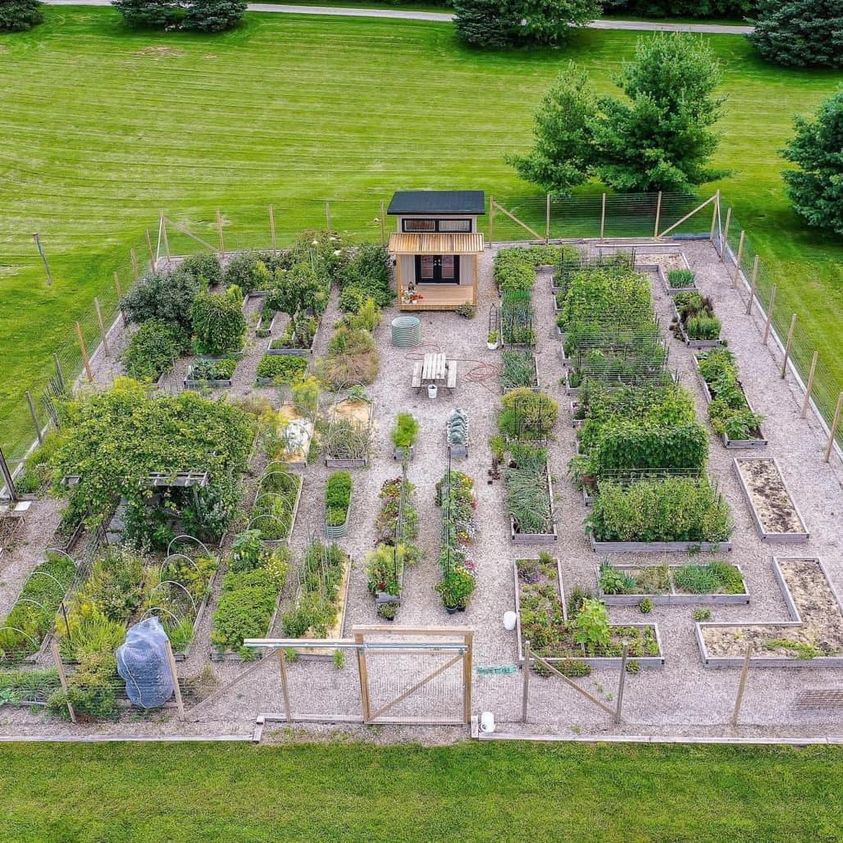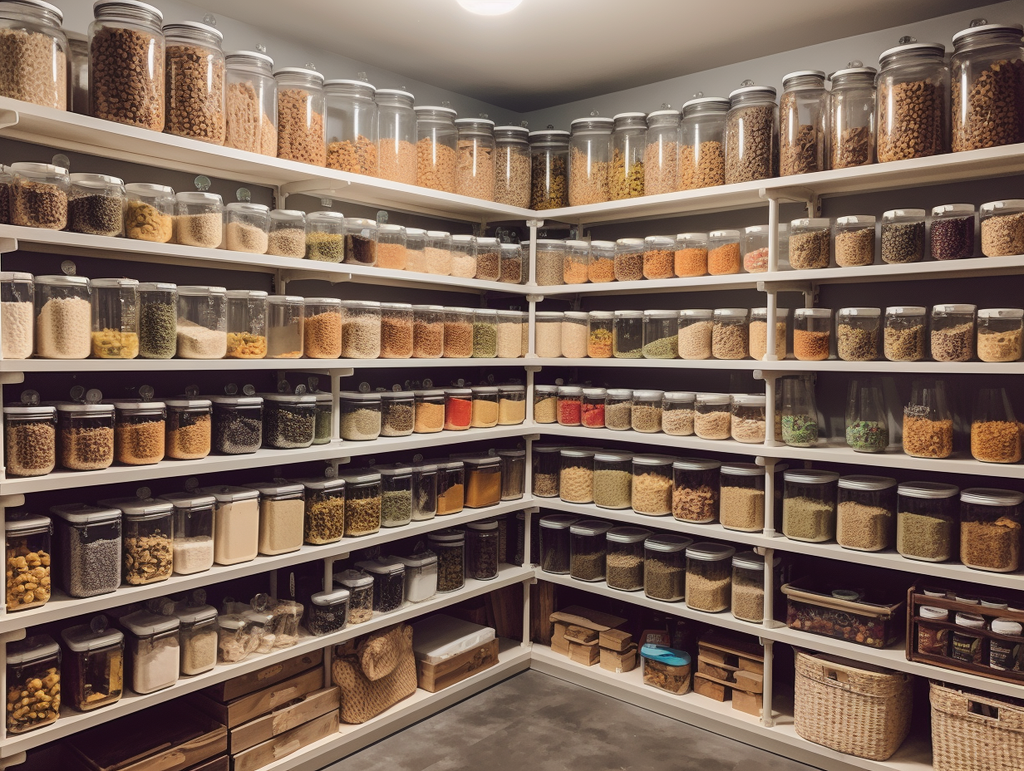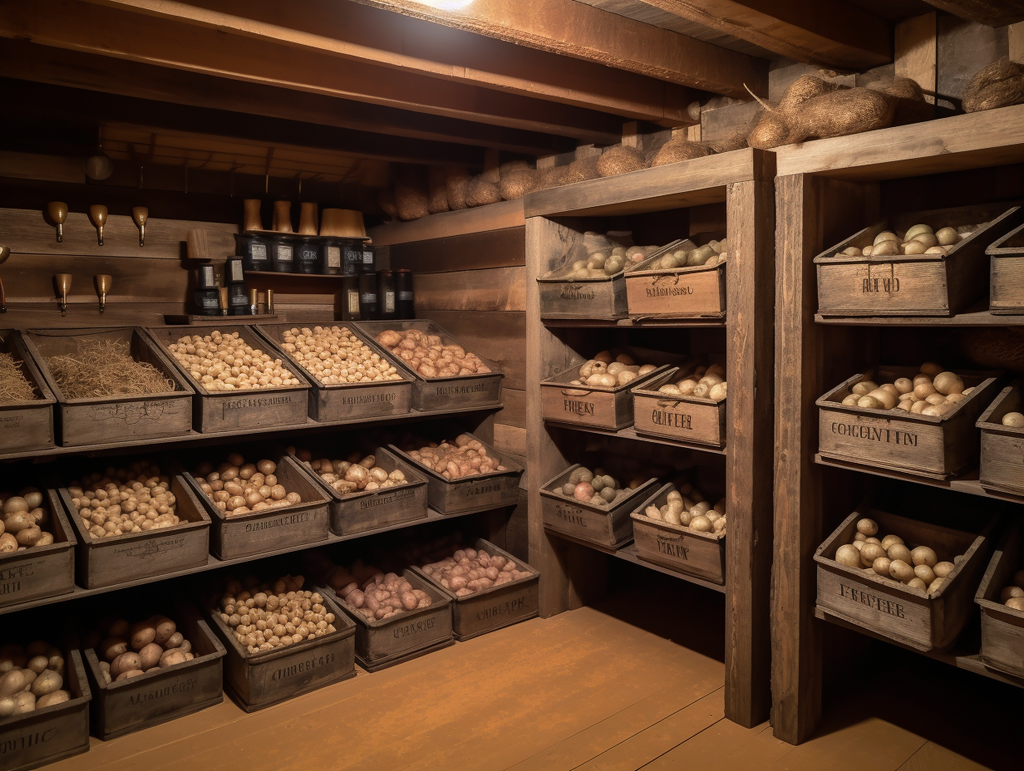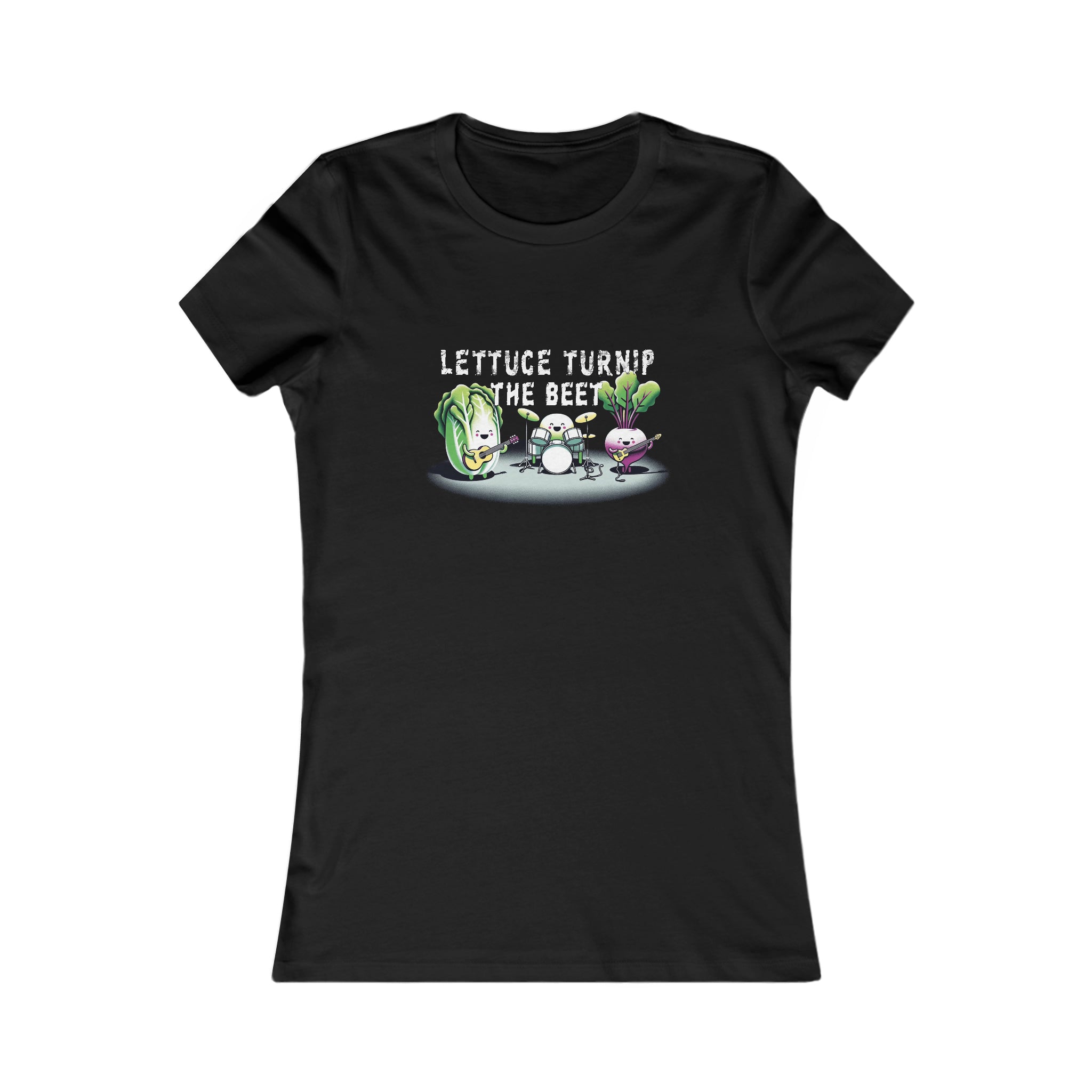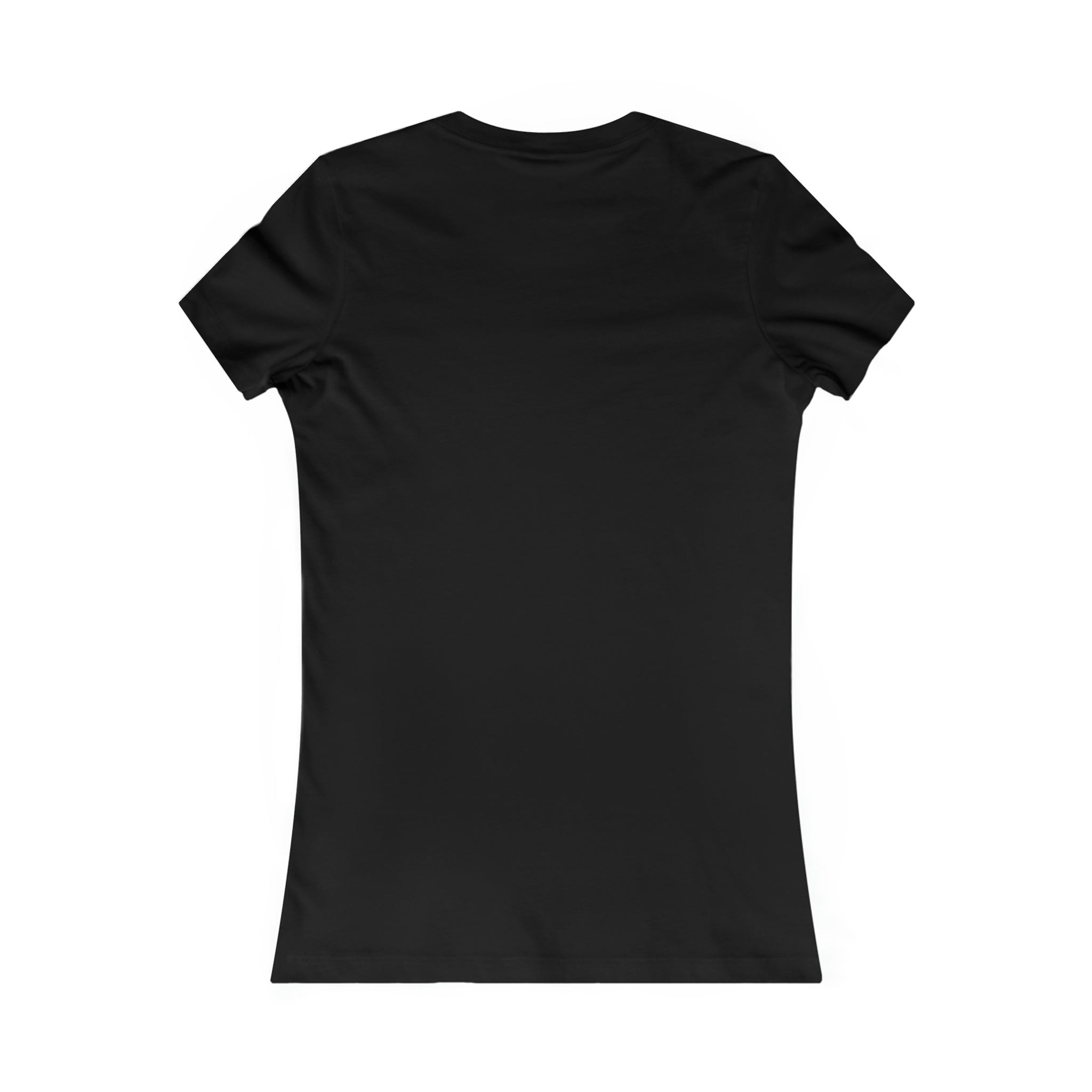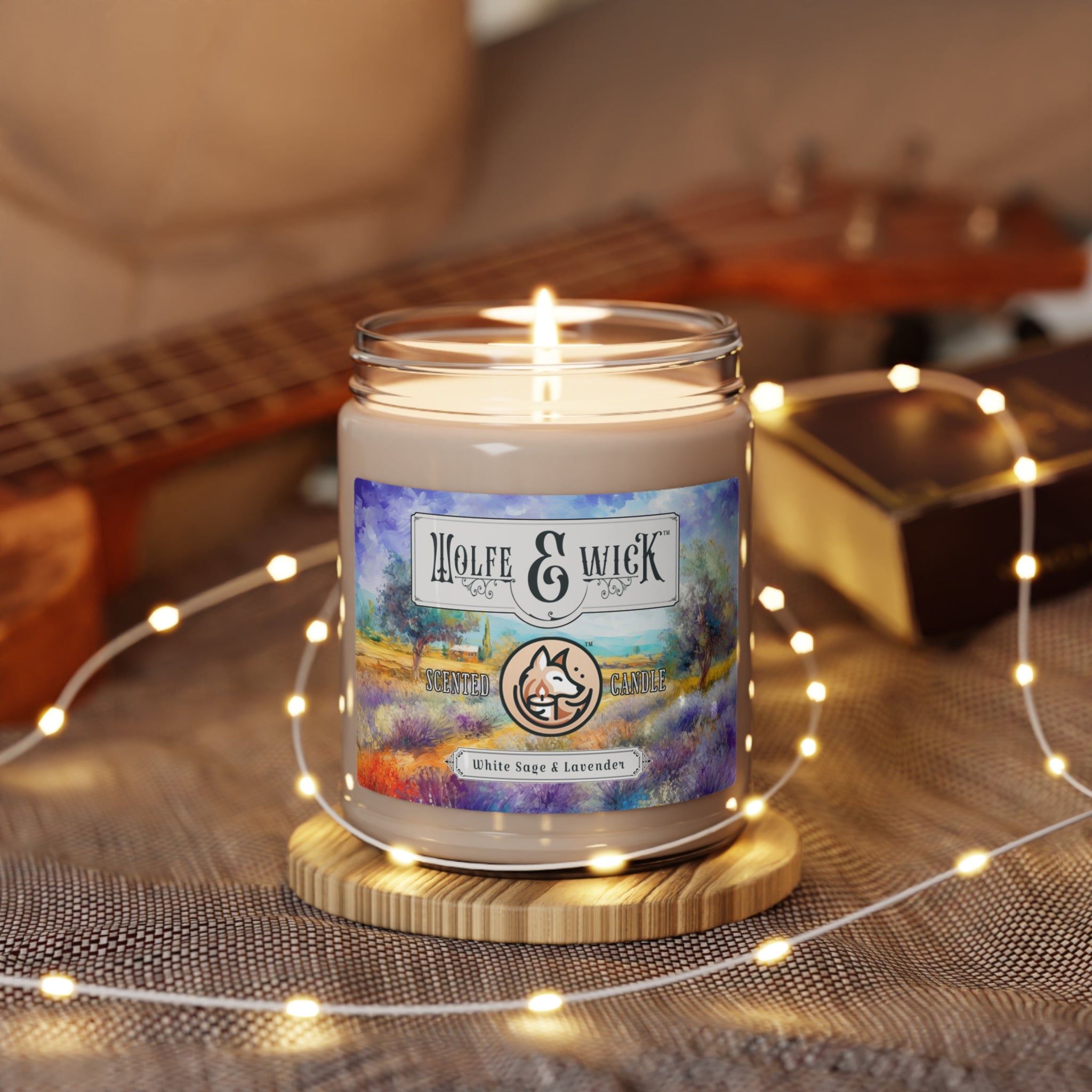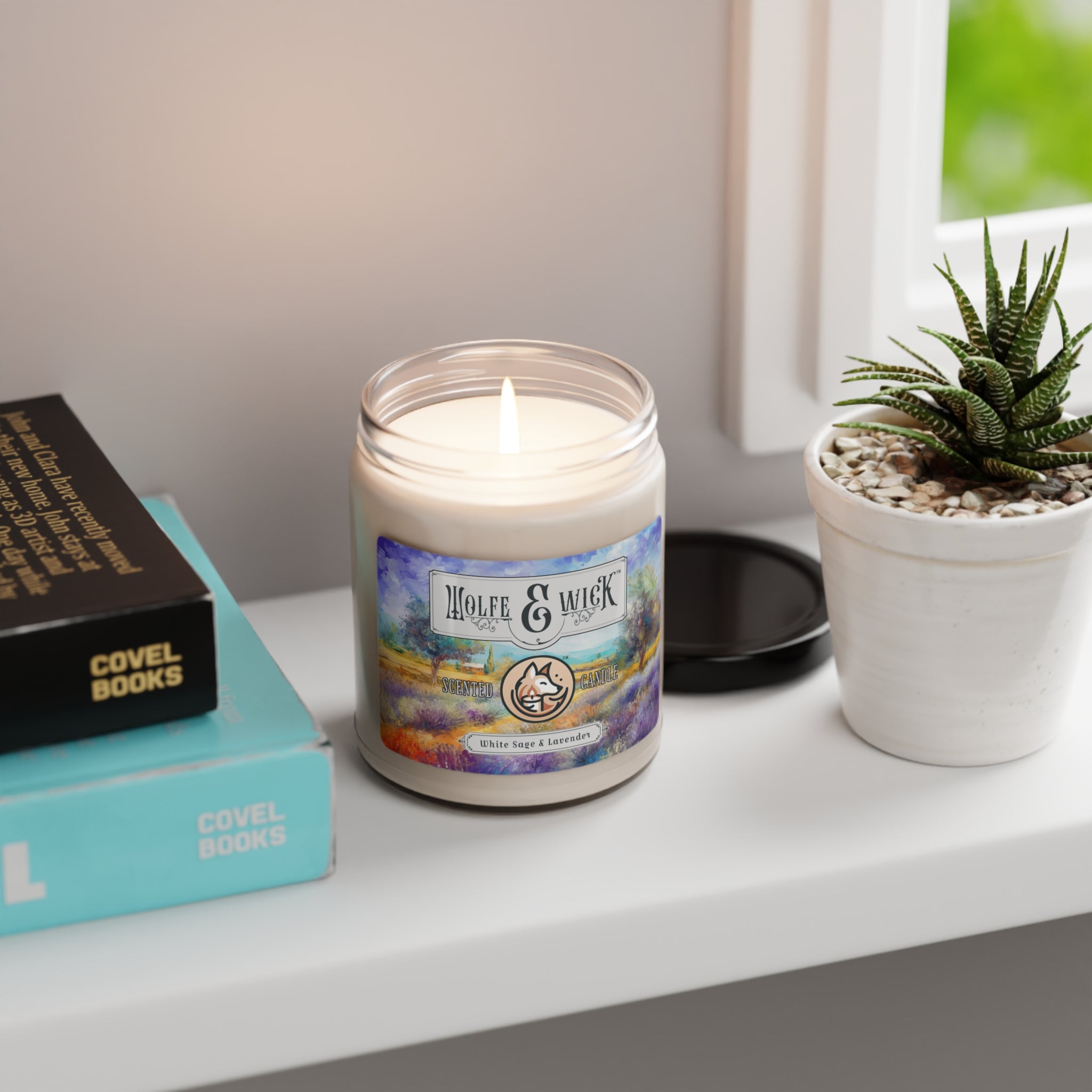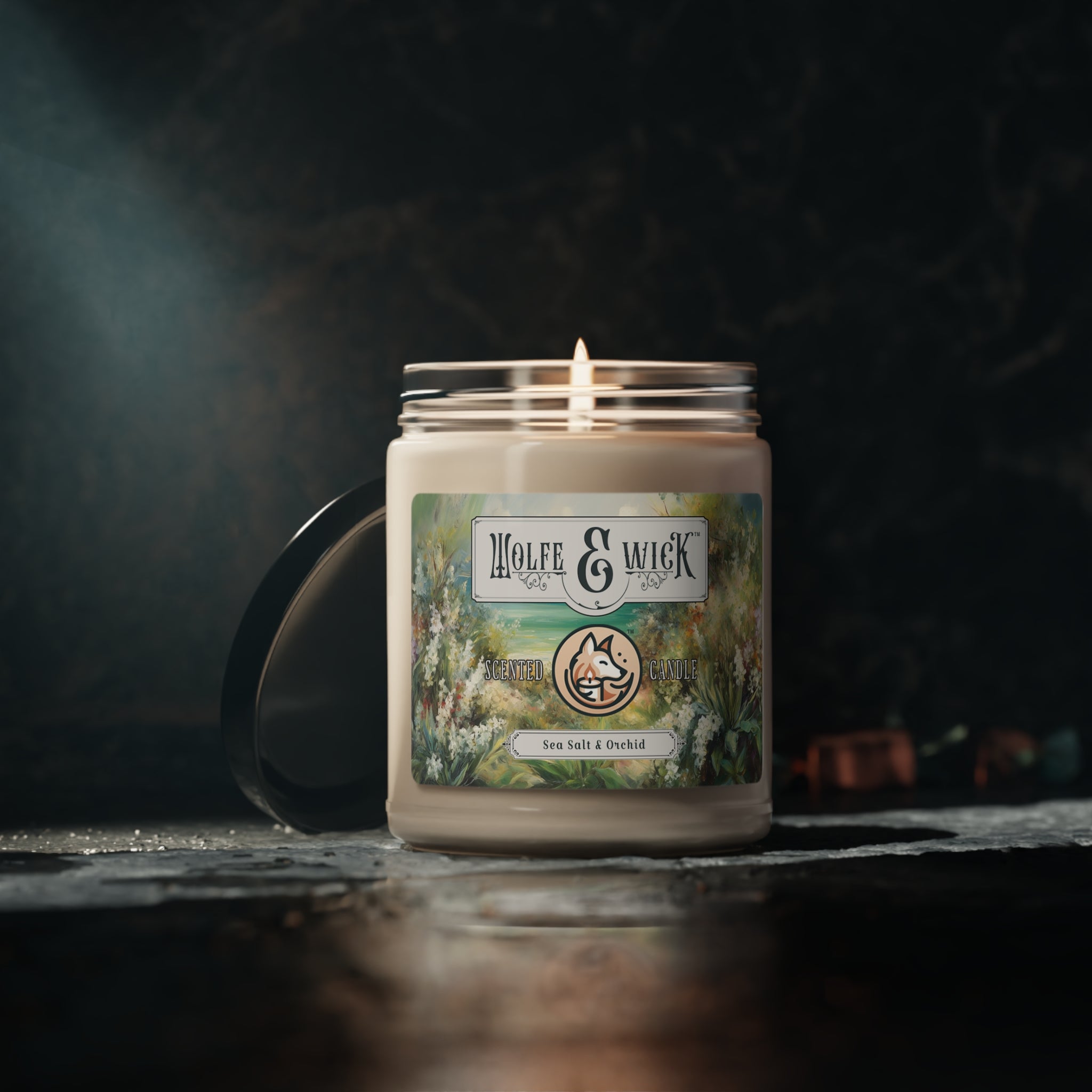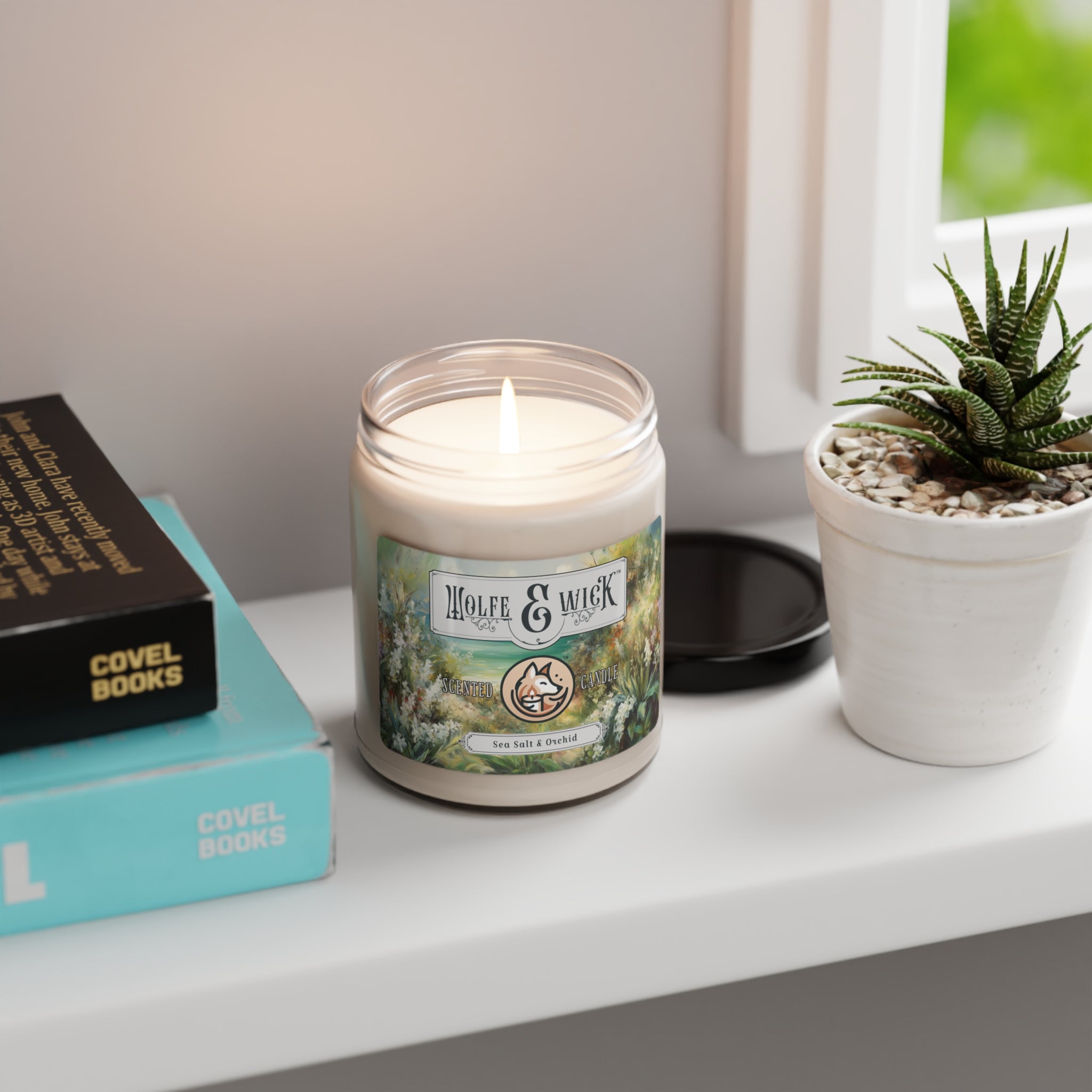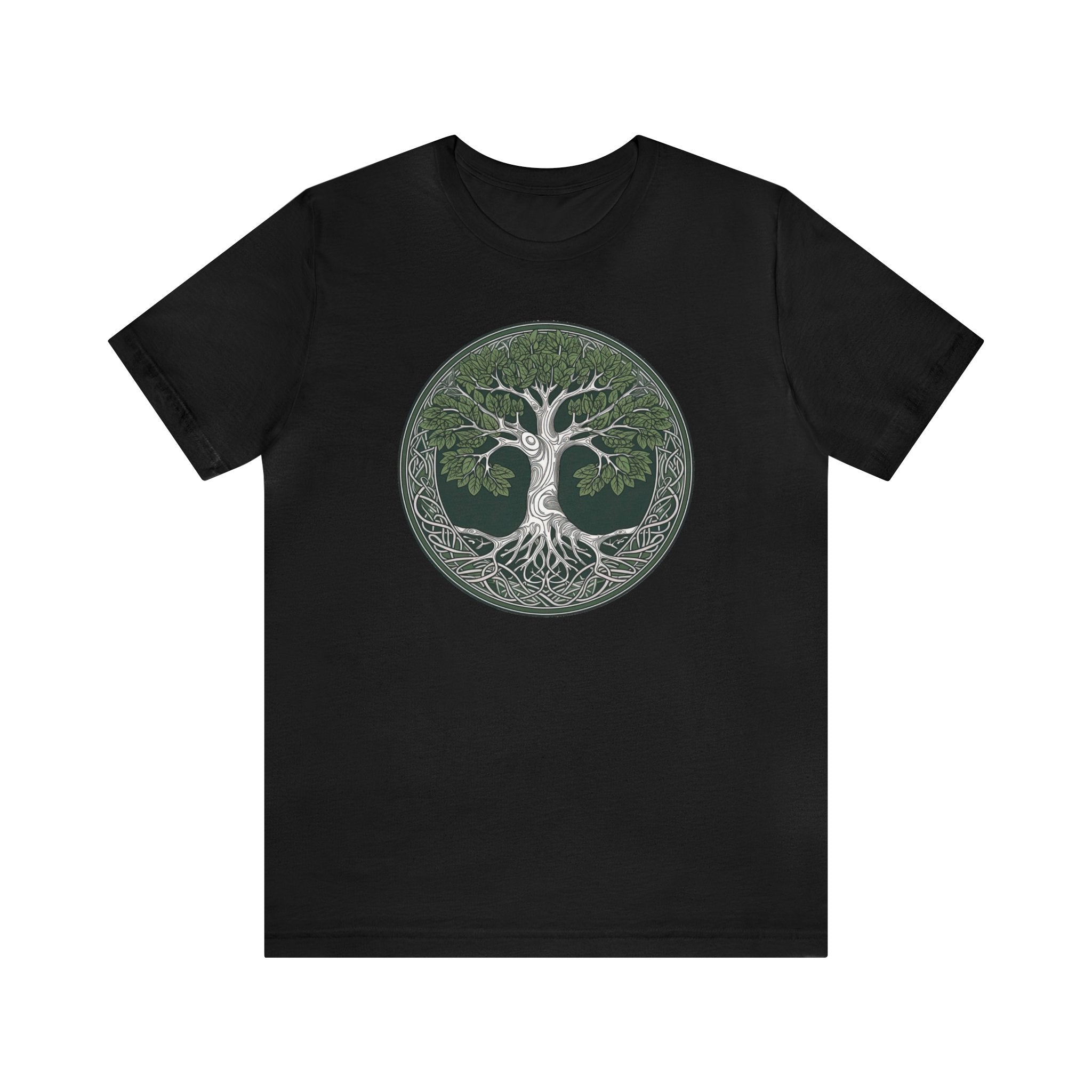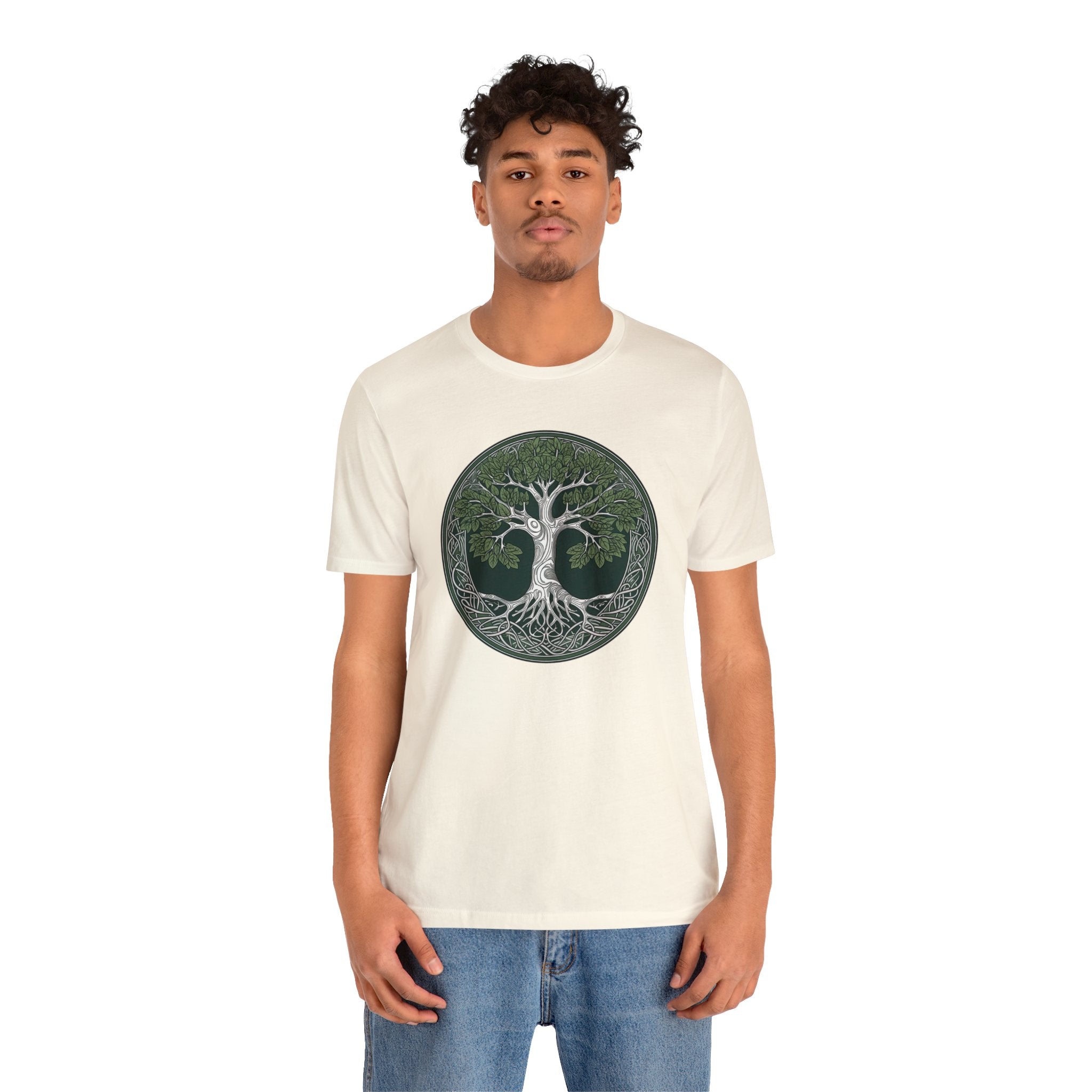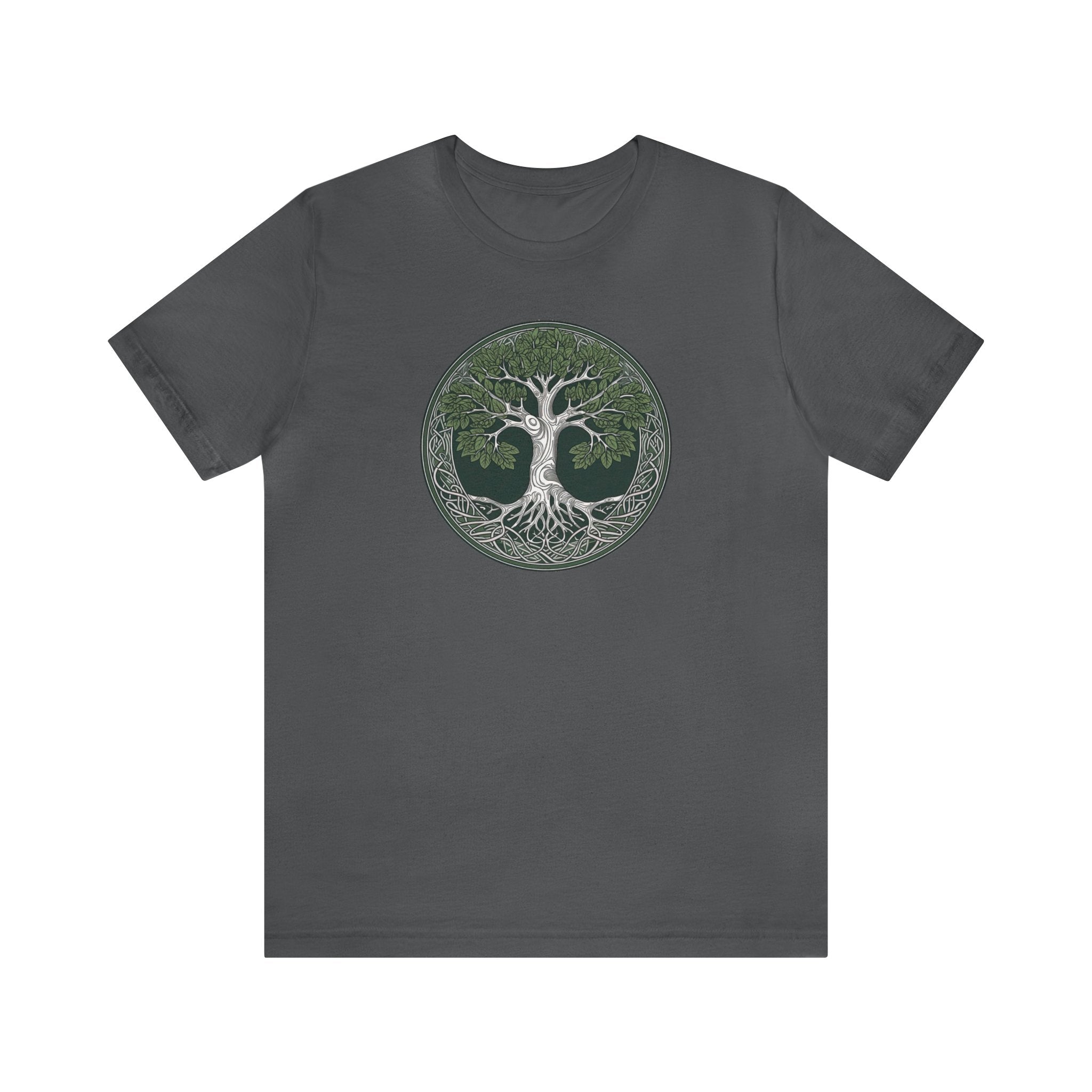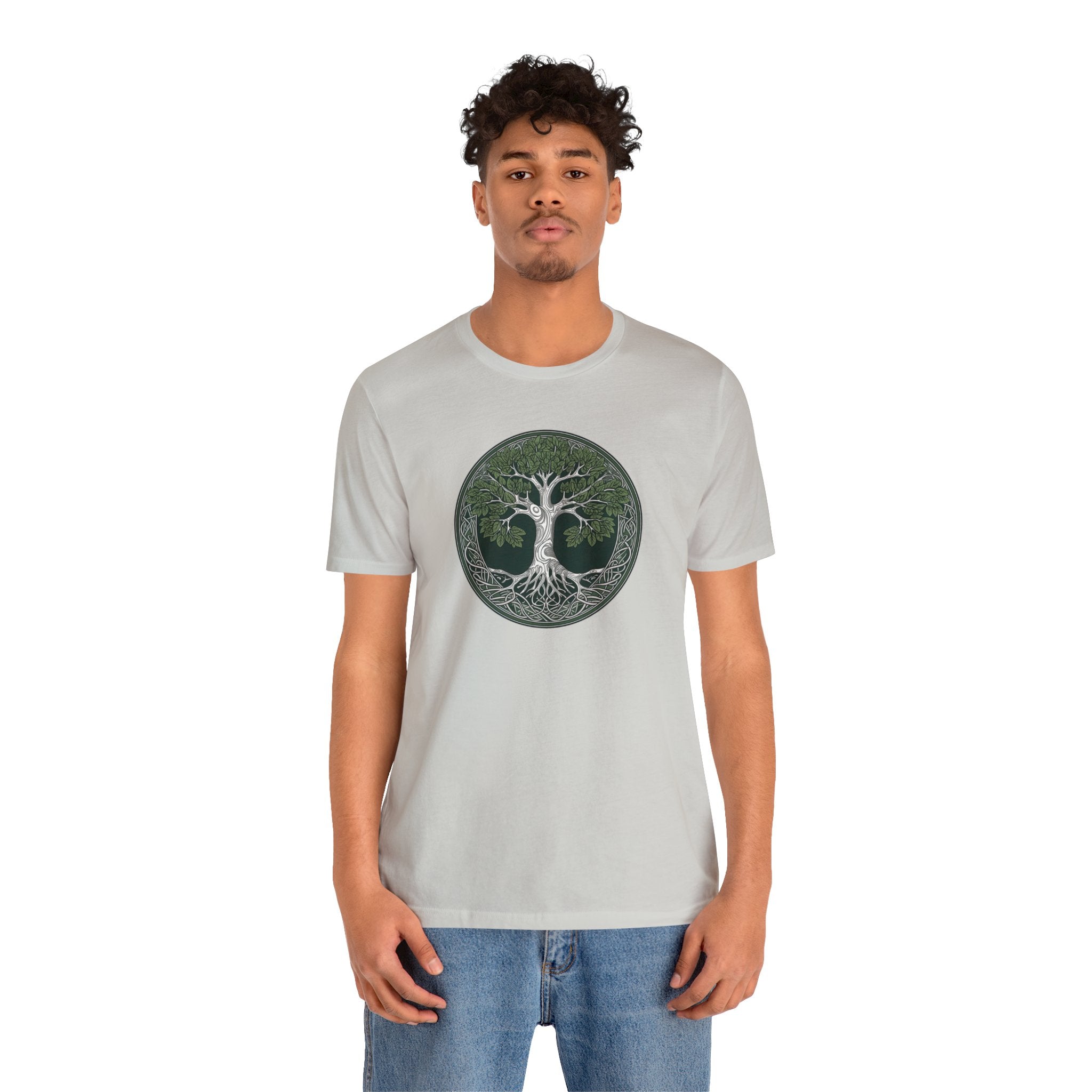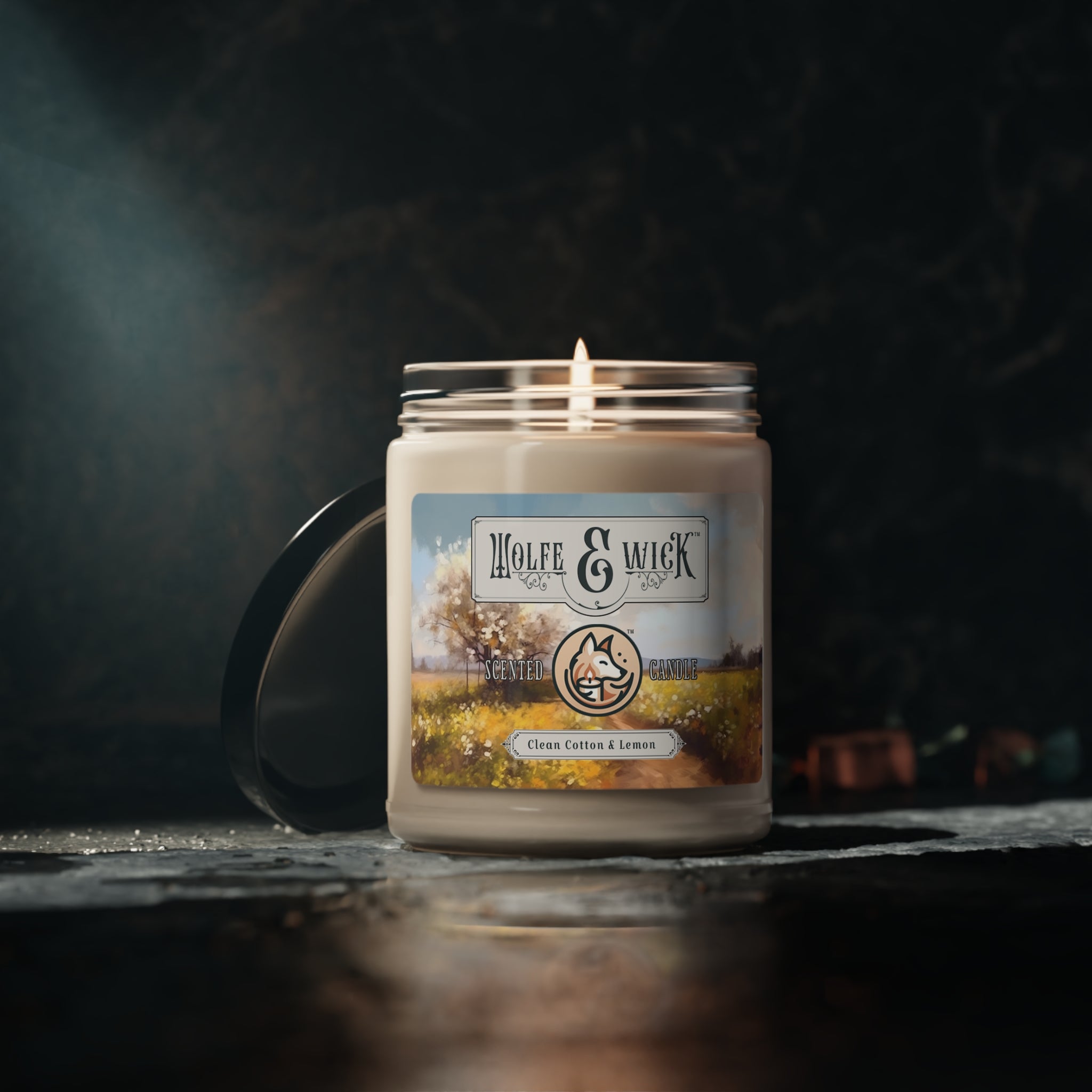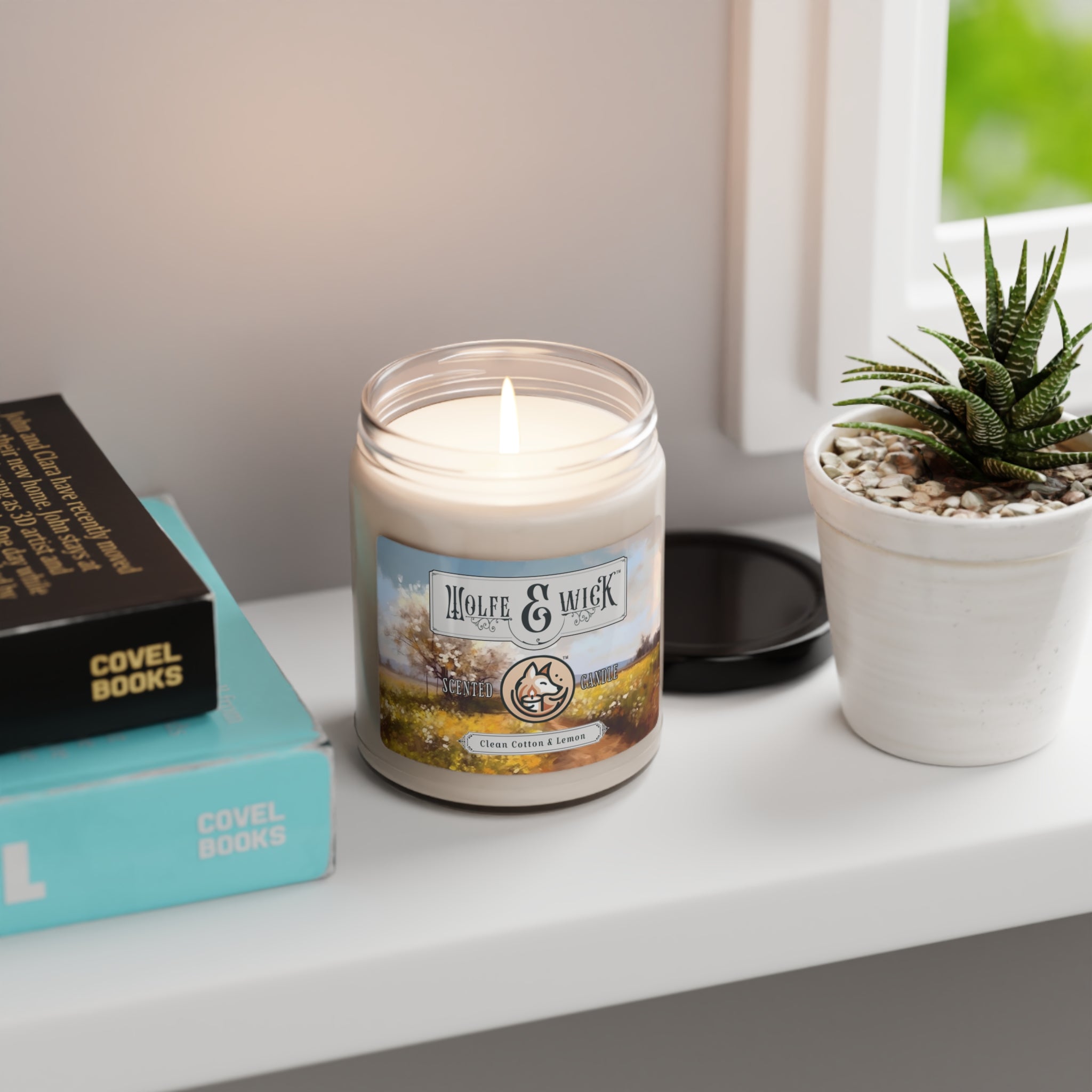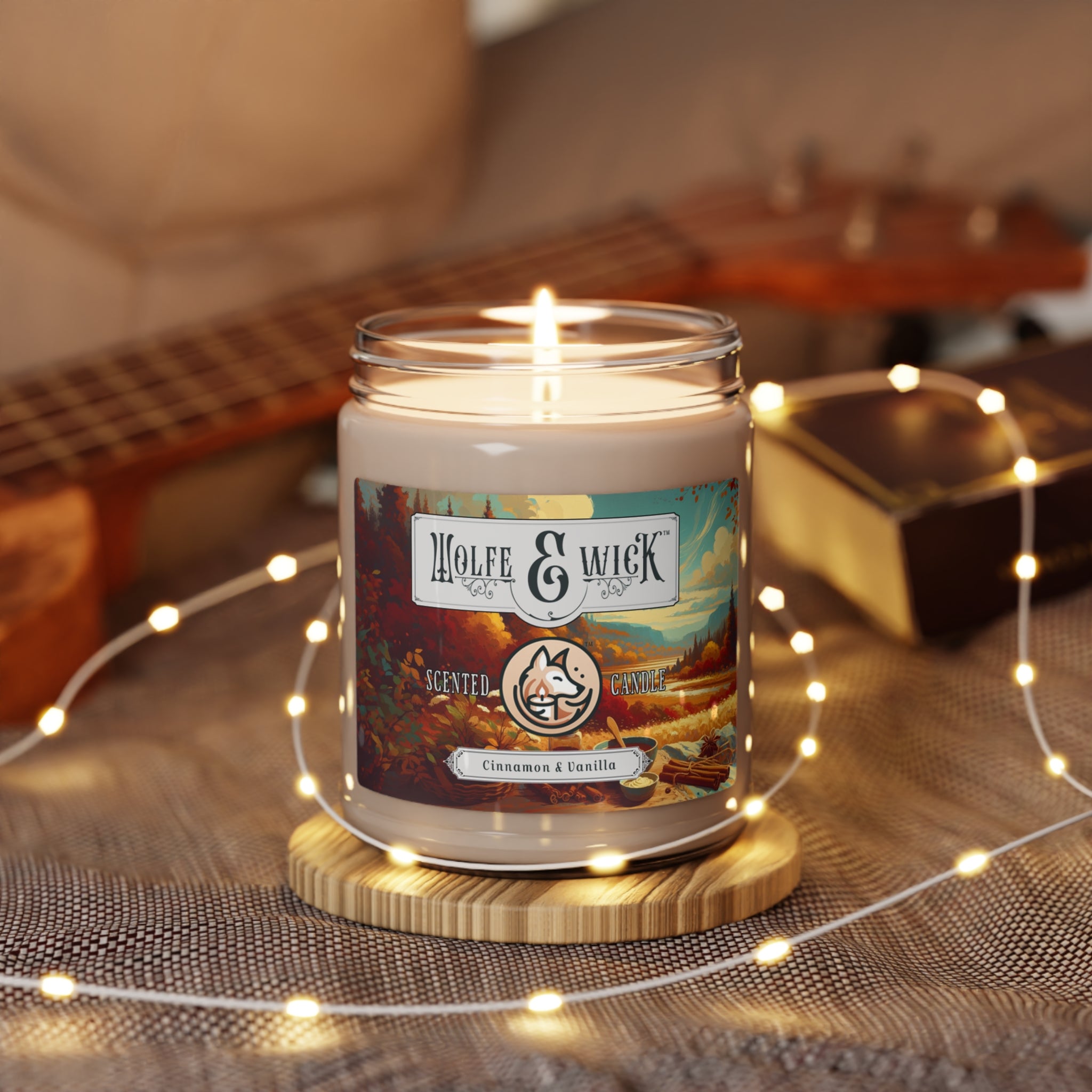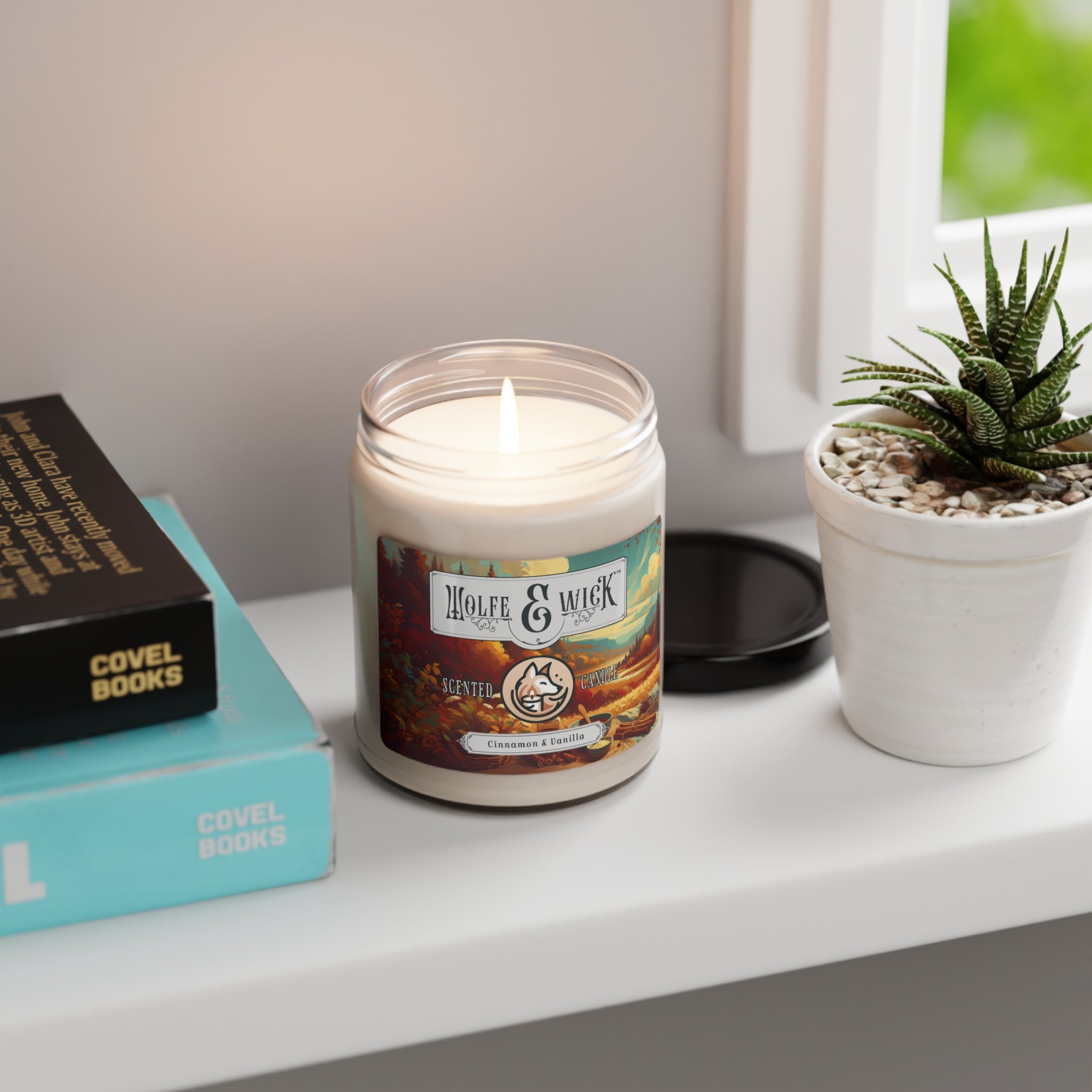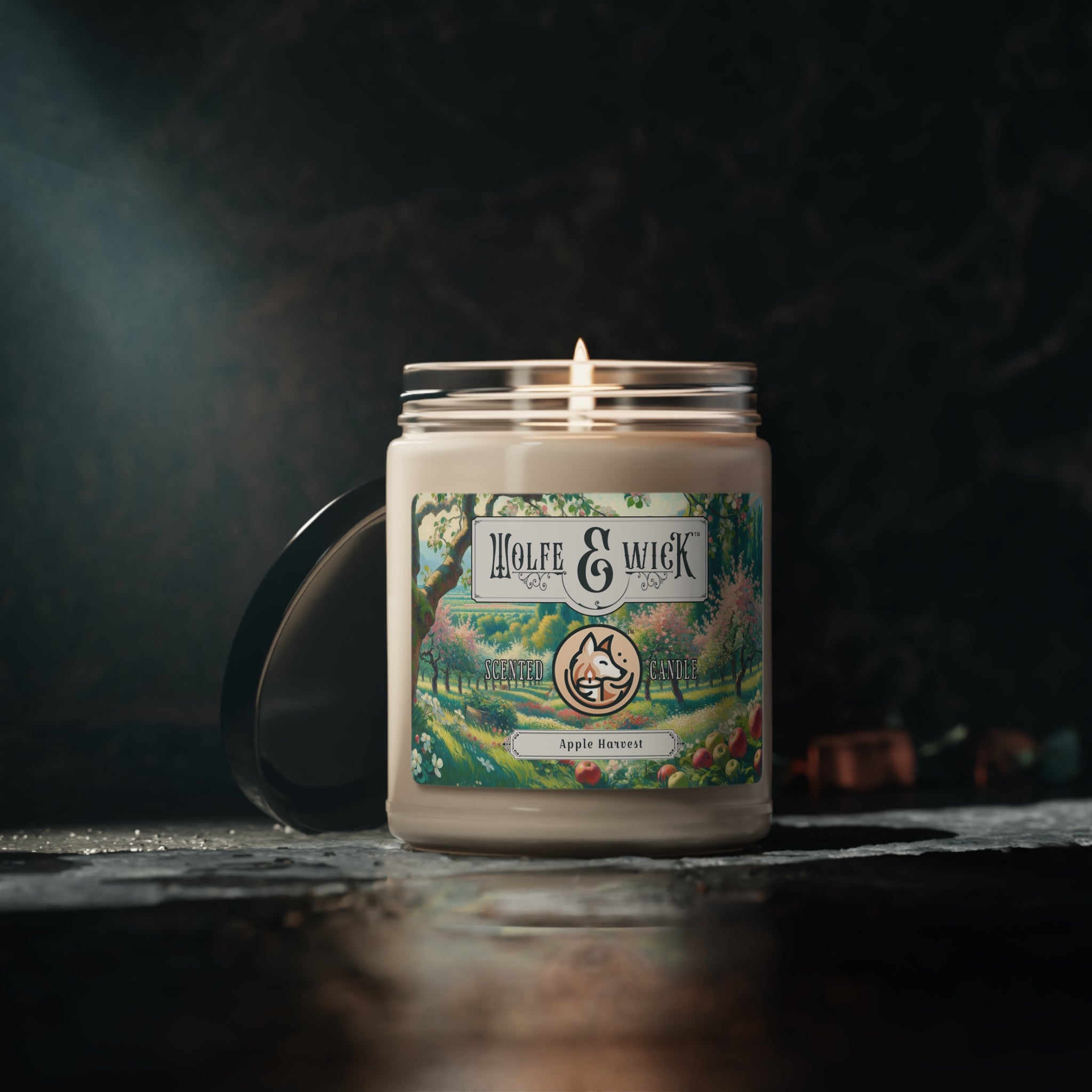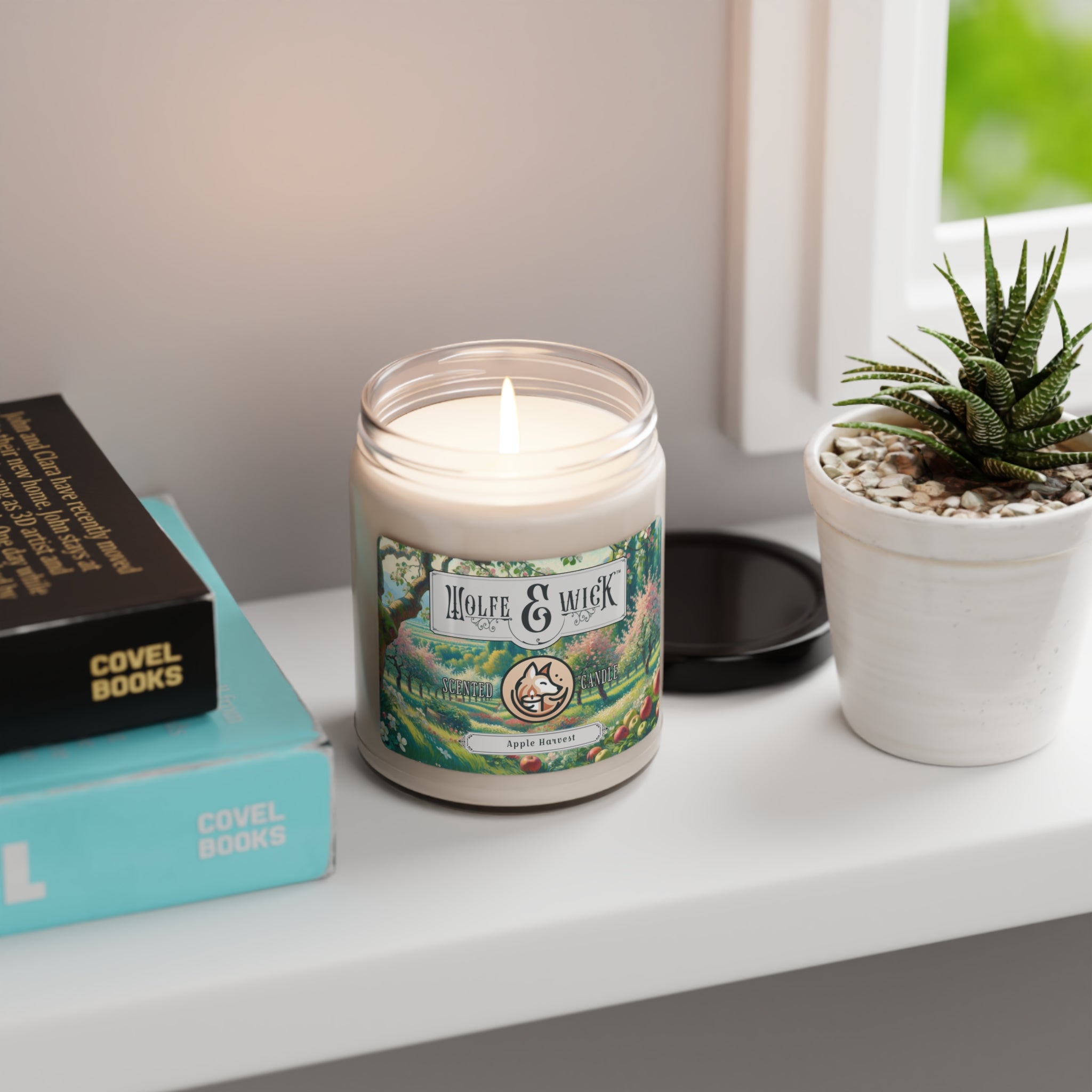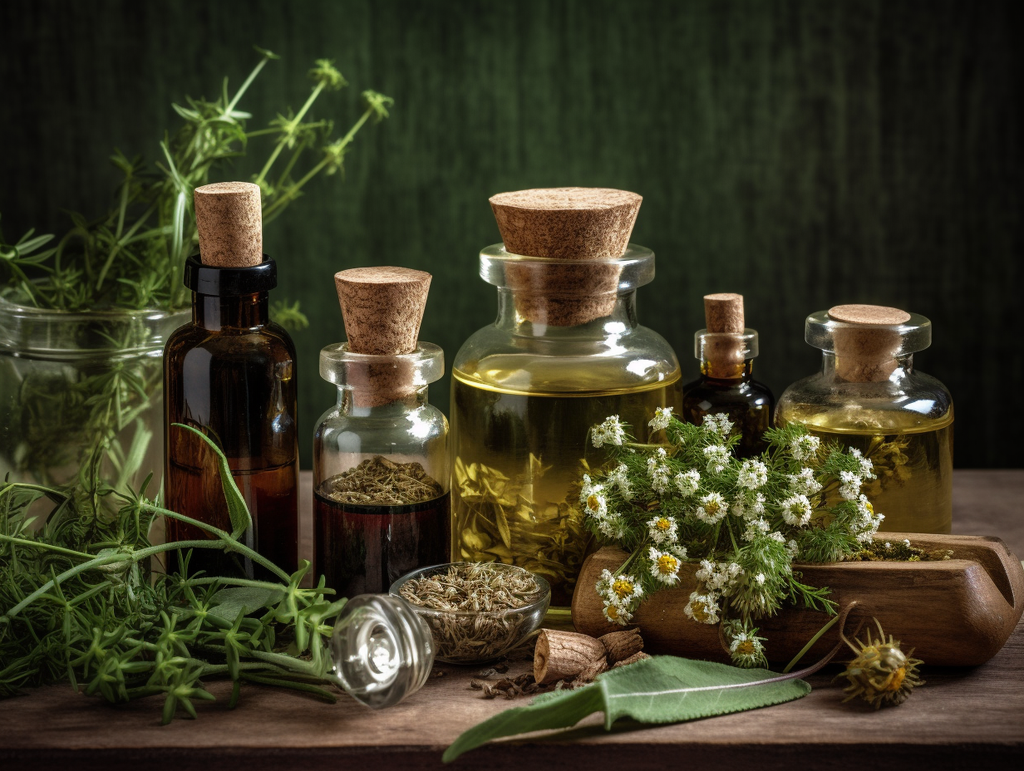
How to Make Your Own Natural Remedies: Herbal Medicine for Self-Sufficient Living

Creating your own natural remedies is a vital skill for anyone seeking a more self-sufficient, sustainable lifestyle. Not only can it reduce reliance on commercial medicines, but it also allows for a deeper connection with nature and an understanding of its healing properties. In this guide, we'll walk you through the process of making your own herbal remedies at home.
Understanding Herbal Medicine
Herbal medicine, also known as phytotherapy, involves using plants' healing properties to prevent or treat various health conditions. Herbs can be used in many forms, including teas, tinctures, salves, capsules, and poultices. It's important to remember that while herbal remedies can be potent, they're not a substitute for professional medical advice.
Creating Herbal Infusions and Decoctions
Herbal infusions and decoctions are simple and effective ways to extract the healing properties of herbs:
-
Infusions: Used for delicate parts of the plant like leaves, flowers, and seeds. To make an infusion, pour boiling water over the herbs and let them steep for 10-15 minutes.
-
Decoctions: Used for tougher plant materials like roots, bark, and berries. To make a decoction, simmer the herbs in water for 15-20 minutes.
Making Herbal Tinctures
Tinctures are concentrated herbal extracts made with alcohol. They're a convenient way to administer herbal medicine, as they have a long shelf-life and can be taken directly under the tongue or mixed into a beverage. To make a tincture, soak herbs in a jar filled with alcohol for a few weeks, then strain and store the liquid in a clean, dark glass bottle.
Preparing Herbal Salves
Herbal salves are used topically to soothe a variety of skin conditions. To make a salve, infuse herbs in a carrier oil (like coconut or olive oil), then mix the strained oil with beeswax to create a semi-solid ointment.
Safety Considerations
While herbal remedies can be beneficial, it's important to use them safely:
-
Identification: Make sure you accurately identify herbs before using them. Some plants have toxic lookalikes.
-
Allergies: Test a small amount of any new remedy to check for allergic reactions.
-
Interactions: Some herbs can interact with medications. Always consult with a healthcare provider if you're taking medication or have a chronic health condition.
Making your own natural remedies is a rewarding way to take charge of your health while embracing a more sustainable lifestyle. By learning to create herbal infusions, decoctions, tinctures, and salves, you can harness the healing power of plants and enjoy the benefits of herbal medicine.
Keywords: natural remedies, herbal medicine, self-sufficient living, herbal infusions, decoctions, herbal tinctures, herbal salves, safety considerations, sustainable lifestyle.

